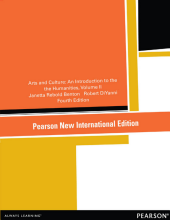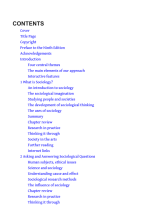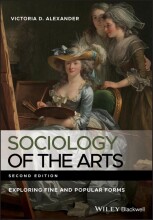High Renaissance in Northern Europe - Age of Discovery - Renaissance Explorers
7 important questions on High Renaissance in Northern Europe - Age of Discovery - Renaissance Explorers
What happened in 1488 that would accelerate European exploration of the world?
This would make it possible to reach Asia over the sea.
Which Portuguese explorer was first to reach Asia over sea, when did this happen and where did he land?
When did Christopher Columbus discover America?
- Higher grades + faster learning
- Never study anything twice
- 100% sure, 100% understanding
Which motives inspired European explorations in the late 15th century and onwards?
- Mostly economical reasons like searching for lands with resources suitable for cultivating crops that could be sold for cash.
- Establishing trade routes to the Asian markets.
- Spreading the influence of Christianity.
Which quote in 1498 by a Portuguese mariner/explorer perfectly summarizes the overlap the different impulses for European exploration and what was his name?
The Age of Discovery (15th-17th century) was an age of doubt.
This can be seen in the revision in a lot of facets.
Name the three most important revisions.
- Revision in geography due to explorations.
- Renewed interest in the antique cultures of the Romans and Greeks due to the Renaissance.
- Revision in religion illustrated by the Reformation.
Portugal was first to set out and discover the world and became the biggest in the world of trading.
They were later surpassed by English and Dutch merchants who both formed highly profitable companies.
What is the name of these companies and when were they founded?
- The English East India Company (1600).
- The Dutch United East India Company (1602).
The question on the page originate from the summary of the following study material:
- A unique study and practice tool
- Never study anything twice again
- Get the grades you hope for
- 100% sure, 100% understanding































